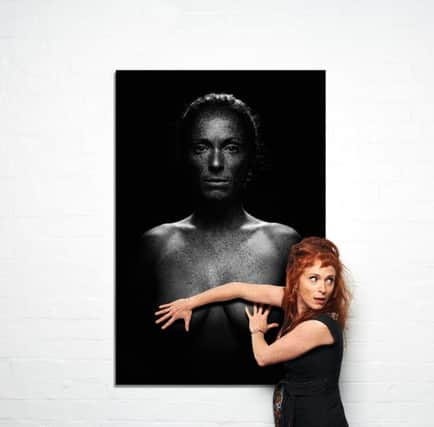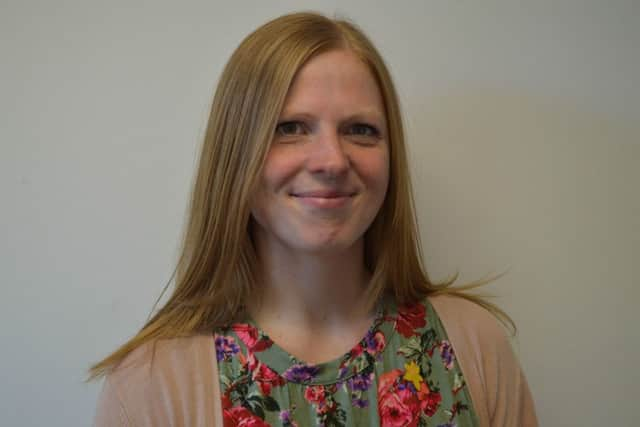Susan Brown: We are all going to die – so why not explore a culture of being open about it?


Dr Catherine Calderwood, Scotland’s Chief Medical Officer, recently wrote about the positive effects of culture on health and well-being in this publication. She’s absolutely right, culture can have a powerfully positive impact in people’s lives.
At Marie Curie, we care for and support people living with terminal illness. For people at the end of life, culture can help them come to terms with dying, help them understand and preserve their legacy, and can help people to really live until the last moment. It can be incredibly important, particularly when what people are feeling can be difficult to articulate.
Advertisement
Hide AdAdvertisement
Hide AdDying and death is still one of the greatest taboos in the UK. Many people don’t want to talk or think about it. To some, the thought of it happening to them or a loved one is incomprehensible. Modern society portrays death as a failure of medicine and popular culture perpetuates the myth.


Death isn’t failure. Death is the inevitable conclusion to life. Everyone and everything will die. We all know this and yet we still don’t talk about it. We brush people off topic by telling them not to be so gloomy when they try to broach it. We dismiss it as something that happens to other people. We often apologise when we do talk about it – ‘now this is a bit morbid’, ‘this sounds a bit depressing, but…’ or ‘now is not the time’.
This has become our societal response. It’s a response born from fear. People are often afraid of things they don’t understand. Death is the ultimate example of that. No one knows what will happen to us when we die. How we experience death can influence the rest of our lives, whether that’s someone living with a terminal illness and facing the end of life, or those left behind.
Art and culture has the power to help us change that perspective and how we think about death. This year, the Fringe has benefited from a number of excellent shows exploring such important issues as death, dying, bereavement and grief. This has all been masterfully curated by Good Life, Good Death, Good Grief through their Death on the Fringe programme, where the main aim is to improve the conversation about dying, death and grief.
I recently spoke to an actor performing in the Fringe about his show, which is about a man struggling to come to terms with the death of his child. He told me that performing in the show made him think more about his own life and death. He couldn’t wait to reach the end of his life and look back on all the great things he’s done and is currently still to do. It’s such a simple concept – celebrating life. It’s such a healthy attitude to have.
Perhaps if more people spoke about death, thought about death, and made plans about their wishes – whether that’s wills, power of attorneys, care plans, or what they want to happen to their social media – some of the mystery and stigma could be dispelled. Talking about it can be empowering and it means we are more likely to die where we want, with the people we want, and in peace. Helping a loved one fulfil those wishes can help with grieving and the bereavement process afterwards.
Talking about death can bring people together, can help us live better and have better relationships when we’re living and dying. It can help us make amends for things we wish had been better, while we still can, and can help to articulate how we feel about people, and make sure they know it.
The more we explore these issues and talk about them, the better prepared we’ll be. There are many ways and mediums in which we can do this.
Advertisement
Hide AdAdvertisement
Hide AdArt and culture, and festivals like the Fringe, can play an important role in helping us to have societal conversations and shift public attitudes.
Susan Brown is the policy and public affairs manager at Marie Curie, mariecurie.org.uk
Marie Curie has published two Edinburgh Fringe response pieces by Susan about shows from the Death on the Fringe programme, which you can find on its website at www.mariecurie.org.uk/blog.